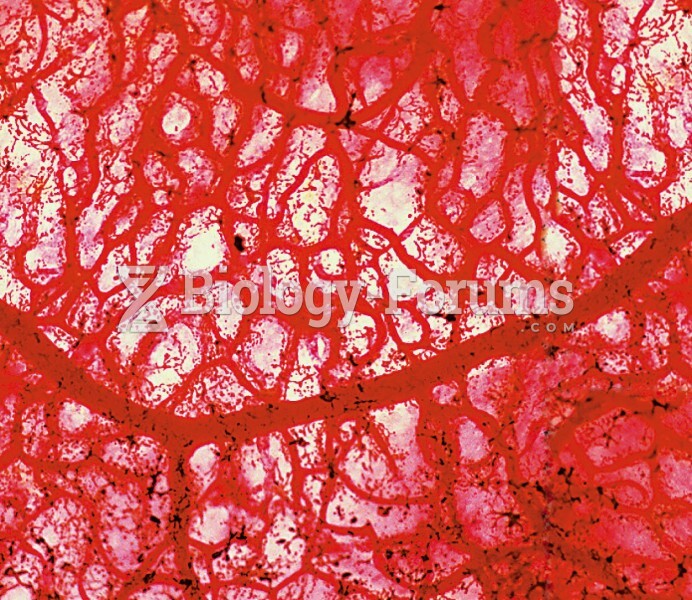Answer to Question 1
Correct Answer: 3,5
Rationale 1: Benazepril (Lotensin) is an ACE inhibitor that blocks the conversion of angiotensin I to angiotensin II to decrease blood pressure.
Rationale 2: After angiotensin II is formed, it must interact with its receptors on target cells to cause its biologic actions. There are two receptor subtypes, known as AT1 and AT2 receptors. Blocking AT1 receptors prevents angiotensin from raising blood pressure and from causing cardiac remodeling. Axilsartan (Edarbi) is an ARB that intervenes at this step in the RAAS by blocking the AT1 receptor.
Rationale 3: Eplereone (Inspra) is an aldosterone antagonist.
Rationale 4: Aliskiren (Tekturna) is a renin inhibitor, not an aldosterone inhibitor.
Rationale 5: Spironolactone (Aldactone) is an aldosterone antagonist.
Global Rationale: Eplereone (Inspra) and spironolactone (Aldactone) are both aldosterone antagonists which decrease blood pressure by blocking the receptors for aldosterone in the kidneys. Benazepril (Lotensin) is an ACE inhibitor that blocks the conversion of angiotensin I to angiotensin II to decrease blood pressure. After angiotensin II is formed, it must interact with its receptors on target cells to cause its biologic actions. There are two receptor subtypes, known as AT1 and AT2 receptors. Blocking AT1 receptors prevents angiotensin from raising blood pressure and from causing cardiac remodeling. Axilsartan (Edarbi) is an ARB that intervenes at this step in the RAAS by blocking the AT1 receptor. Aliskiren (Tekturna) is a renin inhibitor, not an aldosterone inhibitor.
Answer to Question 2
Correct Answer: 4
Rationale 1: Excretion of sodium and chloride does not cause retention of water to raise blood pressure.
Rationale 2: Excreting potassium and hydrogen does not cause retention of water to raise blood pressure.
Rationale 3: Increasing sodium absorption, not decreasing it, will raise blood volume.
Rationale 4: By enhancing sodium reabsorption, the body retains water, which increases blood volume and raises blood pressure.
Global Rationale: By enhancing sodium reabsorption, the body retains water, which increases blood volume and raises blood pressure. Excretion of sodium and chloride and the excretion of potassium and hydrogen do not cause retention of water to raise blood pressure. Increasing sodium absorption, not decreasing it, will raise blood volume.







